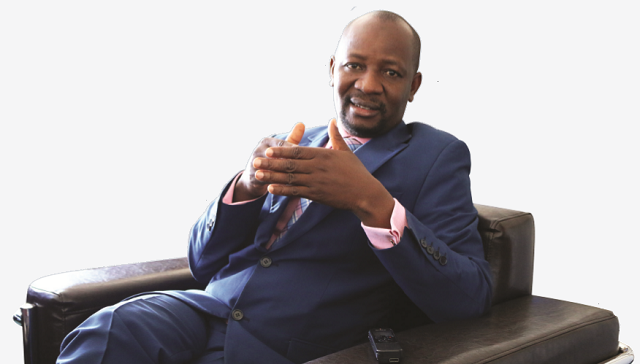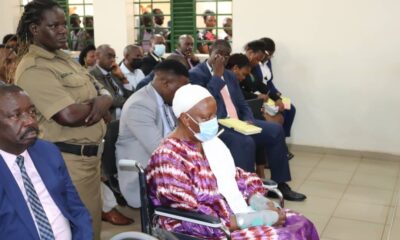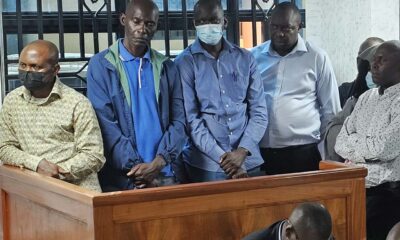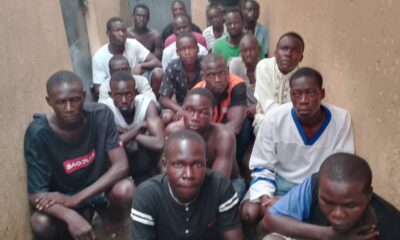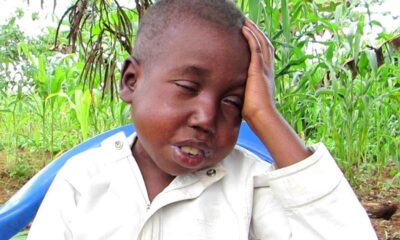In a scathing critique of the National Resistance Movement (NRM) leadership, Ibrahim Ssemujju Nganda, the Member of Parliament for Kira Municipality, minced no words. He accused them of lacking genuine leadership qualities, branding them as mere followers of President Museveni. Speaking to NBS television, Ssemujju emphasized the absence of true leadership within the NRM hierarchy. “There are no leaders in the National Resistance Movement, there are just Museveni’s followers,” he asserted, painting a bleak picture of the party’s leadership landscape.
Drawing comparisons to past regimes, particularly Milton Obote’s tenure, Ssemujju highlighted the stark contrast in leadership presence. He reminisced about instances of public celebrations and widespread support during Obote’s rule, contrasting it with what he perceives as a vacuum of leadership within the NRM.
The discussion inevitably turned towards Museveni’s age and its implications for NRM politics. Ssemujju pointed out the political maneuvers underway within the party, especially as the president approaches his eightieth year. “At 80, you are tired,” he remarked, echoing Museveni’s previous statements about leadership fatigue at the age of 75.
Ssemujju didn’t hold back in his criticism, accusing certain NRM members of opportunism and self-interest. He suggested that some are positioning themselves for succession in a post-Museveni era, banking on the prospect that Museveni may opt to pass the reins of power to his son, Gen. Muhoozi Kainerugaba. Describing them as “fortune hunters” and “schemers,” Ssemujju condemned their actions as calculated and lacking in genuine commitment to the party’s principles.
He even went as far as predicting his own role in such a scenario, stating, “If Museveni chooses to hand over to his son, I will be one of those historical ones who have been promoting his son,” further underscoring the strategic calculations at play within the NRM.
This criticism from Ssemujju Nganda sheds light on the internal dynamics and power struggles within the NRM, raising questions about the future direction of Ugandan politics. As the country approaches a potentially transformative period with Museveni’s advancing age, the actions and motivations of key political figures like Ssemujju offer valuable insights into the complexities of leadership and succession planning within the ruling party.

